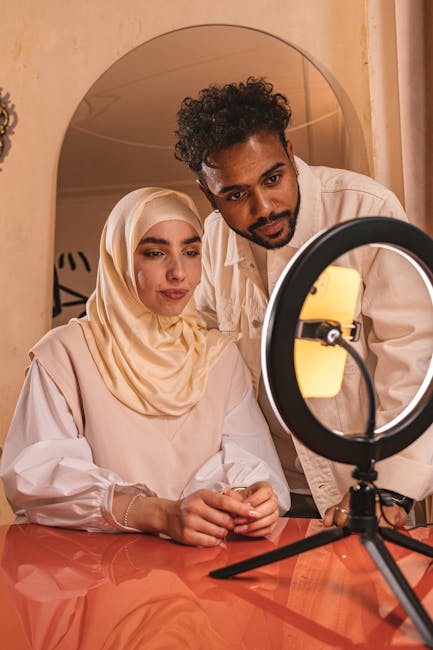Beginner’s Guide to Python: Recommended Tutorials
Diving into the world of programming can be both exciting and overwhelming. If you’re just starting out, Python is a fantastic language to begin with. Known for its simplicity and readability, Python is used in web development, data science, artificial intelligence, and more. In this guide, we’ll explore some of the best tutorials to get you started on your Python journey. Let’s jump in! 🐍
Table of Contents
1. Why Choose Python?
2. Top Beginner Tutorials
3. Interactive Python Resources
4. Conclusion
5. FAQ
Why Choose Python? 🤔
If you’re wondering why Python is the go-to language for beginners, here are a few reasons:
– **Easy to Learn**: Python’s syntax is straightforward and mirrors the English language, making it more intuitive than many other programming languages.
– **Versatile**: Whether you’re interested in web development, data analysis, or game development, Python has you covered.
– **Community Support**: Python boasts a vibrant community. Tons of resources, forums, and libraries are at your disposal.
Top Beginner Tutorials 📚
Getting started with Python is a breeze if you have the right resources. Here are some top-notch tutorials tailored for beginners:
1. Python.org’s Official Tutorial
The official Python website offers an excellent starting point. It covers the basics and guides you through various concepts with clear examples. It’s perfect for those who prefer a more traditional learning style.
2. Codecademy’s Python Course
Codecademy offers an interactive Python course that’s great for hands-on learners. You’ll write real code and get instant feedback, which helps reinforce your learning experience. Plus, they break down complex concepts into digestible chunks.
3. Automate the Boring Stuff with Python
This tutorial is fantastic for those who want to dive into practical applications. It focuses on using Python to automate everyday tasks, providing a tangible way to see Python’s utility in action.
Interactive Python Resources 🎮
If you prefer a more interactive learning approach, these resources might be right up your alley:
1. Jupyter Notebooks
Jupyter Notebooks allow you to create and share documents that contain live code, equations, visualizations, and narrative text. It’s a great tool for experimenting with Python in real-time.
2. PyBites
PyBites offers bite-sized exercises that challenge you to apply Python concepts in creative ways. It’s an excellent way to practice problem-solving skills while learning Python.
Conclusion 🎉
Embarking on your Python journey is an exciting adventure. With these resources, you’ll be well-equipped to tackle Python’s basics and beyond. Remember, the key to mastering Python, like any skill, is consistent practice and patience. Happy coding! 🚀
FAQ 🤓
1. Can I learn Python on my own?
Absolutely! With a plethora of online resources, forums, and supportive communities, self-learning Python is very achievable.
2. How long does it take to learn Python?
This varies based on your dedication and learning style. However, many beginners can grasp the basics within a few weeks of consistent study.
3. Do I need prior programming experience to learn Python?
No prior experience is required! Python is renowned for its beginner-friendly nature, making it an ideal first programming language.
4. What can I build with Python as a beginner?
As a beginner, you can start with simple projects like calculators, web scrapers, or basic web apps to apply what you’ve learned.
Hopefully, this guide sets you on the right path. Python’s world is vast, exciting, and full of potential. Dive in and explore! 🌟





